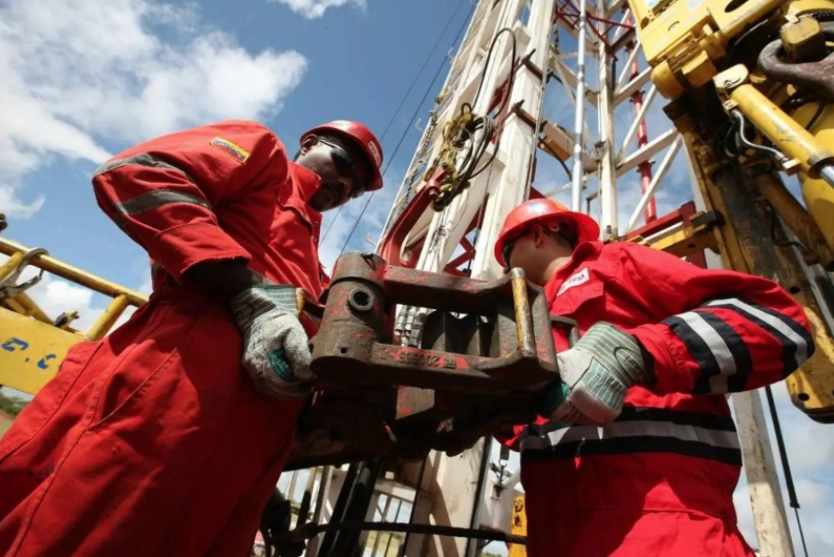On March 6, a representative of Joe Biden’s government traveled to Caracas to meet with Nicolás Maduro. The visit was one more of those that diplomats from the West are making to different oil powers in order to increase the injection of hydrocarbons into the global energy market to compensate for the shortages resulting from the sanctions against Russia.
These efforts have involved rapprochement with regimes that are not very democratic and known for their precarious human rights record, such as Turkmenistan, Nigeria, Saudi Arabia, or Venezuela itself.
This “exploratory” meeting is evidence of Biden’s willingness to put aside the “energy transition” in the face of an eventual oil shortage, just a few months before the November 2022 legislative elections.
But, on the other hand, the direct dialogue of diplomatic representatives with the Maduro regime also reveals a change in foreign policy towards Venezuela, despite the fact that the White House spokeswoman, Jen Psaki, insisted that she does not recognize Nicolás Maduro as the leader of Venezuela.
It should be noted that the Venezuelan regime, with strong diplomatic and military ties to Russia, has no capacity to make compromises with either side. Its power is based on a form of extractivist feudalism, controlled by different factions protected by the State, so the Government has no real technical capacity to sustainably increase an eventual rebound in oil production.
Today’s PDVSA, devoid of the high skilled human resources it had until a few years ago and with seriously deteriorated facilities, could hardly be the strategic anchor of the new U.S. energy geopolitics, at least in the short or medium term.
Venezuela currently produces around 740,000 barrels of oil per day, which is less than a tenth of the current Russian production. An eventual reactivation of the industry will have a very limited effect on the current global energy crisis. But beyond these disadvantages, Venezuela has the largest proven oil reserves in the world. And although Venezuela’s heavy and extra-heavy oil requires a higher level of investment for its extraction, refining, and transportation, it yields better profits in contexts of high prices, as seems to be the trend.
In this sense, Venezuelan oil is once again becoming attractive, as announced by large companies such as Chevron. A reactivation of oil exploitation could, in any case, partially or totally compensate the US for the volume now coming from Russia, i.e. some 550,000 barrels of oil per day on average by 2021.
Bad news for the Venezuelan democratic cause?
A possible and still unlikely rapprochement between the White House and Miraflores to supply the U.S. with oil could give breath to the Maduro regime and become a new obstacle to the democratic cause that, for years, many Venezuelans have been building from inside and outside the country.
This was recognized by Juan González himself, U.S. presidential advisor for Latin America and member of the diplomatic retinue that traveled to Caracas. However, in the midst of a global crisis in which U.S. energy security itself is threatened, these issues play a secondary role for the Biden administration.
Regardless of the two-side diplomacy that continues to be practiced by the Maduro regime, the democratic cause must take note of what has happened and focus on its continuity. It must be assumed that a possible return to democracy will not depend exclusively on the diplomatic direction taken by the central actors of the global order.
In any case, the Russian invasion of Ukraine and its impact on the international energy market has opened a new political scheme that the Venezuelan dictatorship will try to take advantage of by positioning itself, after years of sanctions and international isolation, something that has worsened recently, since a good part of the revenues of Venezuelan oil remains in Russian banks sanctioned by the U.S. This could accelerate a new stage in the process of negotiations with the opposition, unilaterally suspended some months ago by the Government. Many subjects remain to be defined in a changing and uncertain international context.
Translated from Spanish by Janaína Ruviaro da Silva












